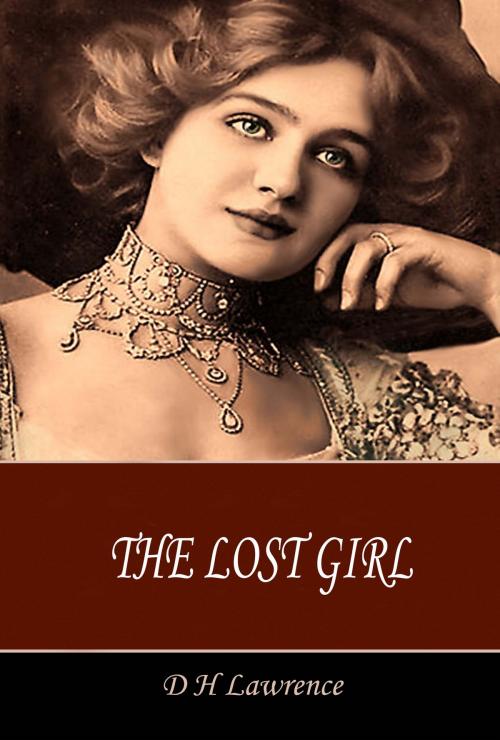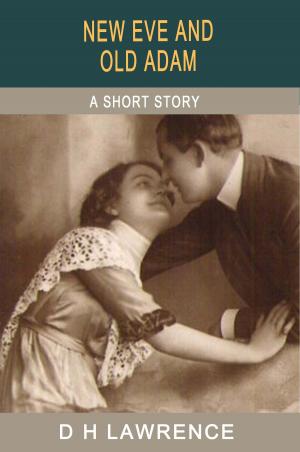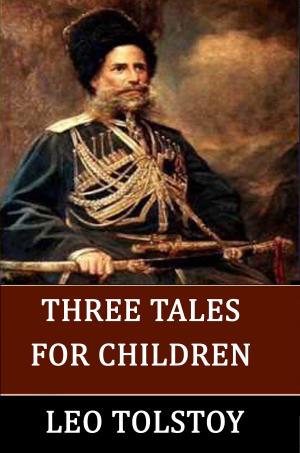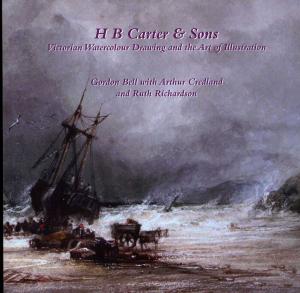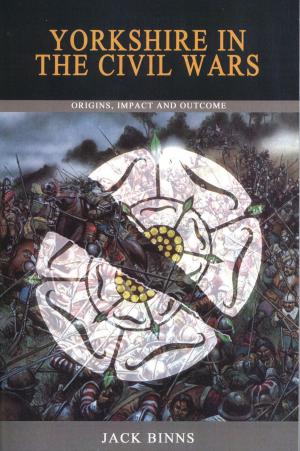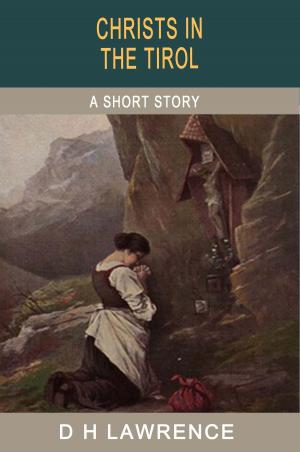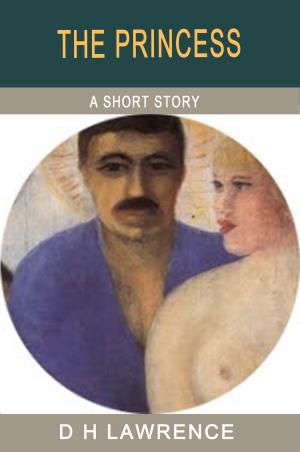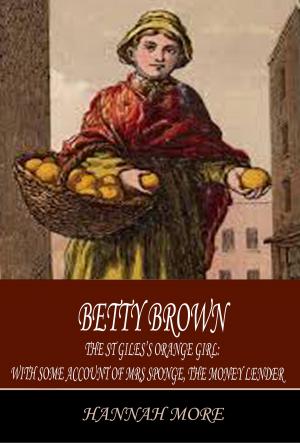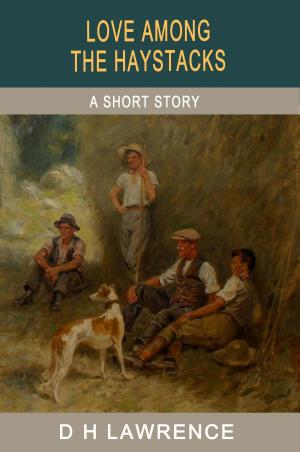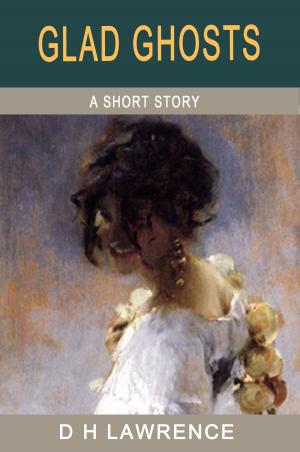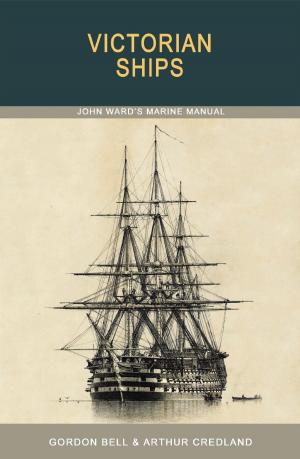| Author: | D H Lawrence | ISBN: | 1230000272862 |
| Publisher: | Blackthorn Press | Publication: | October 8, 2014 |
| Imprint: | Language: | English |
| Author: | D H Lawrence |
| ISBN: | 1230000272862 |
| Publisher: | Blackthorn Press |
| Publication: | October 8, 2014 |
| Imprint: | |
| Language: | English |
‘The Lost Girl’ was published in 1920, although Lawrence had begun it as early as 1913. It was poorly received in England but did better in America and earned Lawrence some of the money he was desperately short of and which was one of the motives which drove him to finish the book.
As is usual with Lawrence, he is best when writing about the small provincial societies and people he knew so well and less good when he attempts to be grand and paint on a wider canvas. So the early part of the book rings true while as soon as the story is transposed to Italy it seems contrived.
Alvina, the ‘lost girl’ is an unusual character. She does not know what she wants and flits from occupation and from man to man until finally settling for her Italian lover who moves her physically but hardly intellectually. She is a proto-feminist who ironically gives it all up for a man, house and child.
‘The Lost Girl’ is still worth reading for its picture of provincial life and its insights into the mind of a young woman of her time, trying to be independent and yet caught up with the conventions which support and repress her.
‘The Lost Girl’ was published in 1920, although Lawrence had begun it as early as 1913. It was poorly received in England but did better in America and earned Lawrence some of the money he was desperately short of and which was one of the motives which drove him to finish the book.
As is usual with Lawrence, he is best when writing about the small provincial societies and people he knew so well and less good when he attempts to be grand and paint on a wider canvas. So the early part of the book rings true while as soon as the story is transposed to Italy it seems contrived.
Alvina, the ‘lost girl’ is an unusual character. She does not know what she wants and flits from occupation and from man to man until finally settling for her Italian lover who moves her physically but hardly intellectually. She is a proto-feminist who ironically gives it all up for a man, house and child.
‘The Lost Girl’ is still worth reading for its picture of provincial life and its insights into the mind of a young woman of her time, trying to be independent and yet caught up with the conventions which support and repress her.
